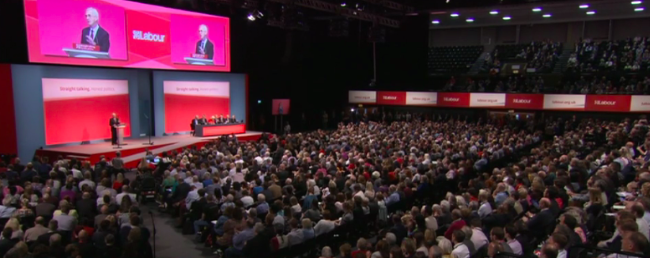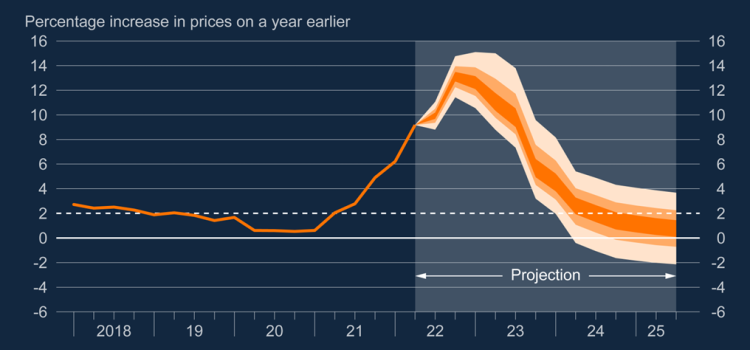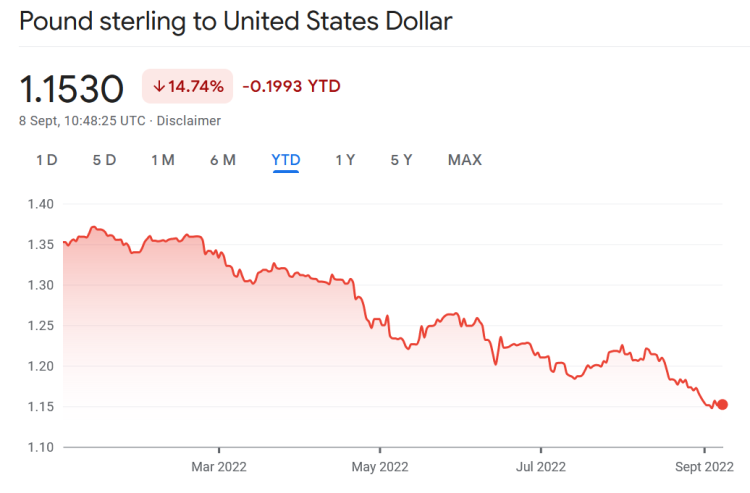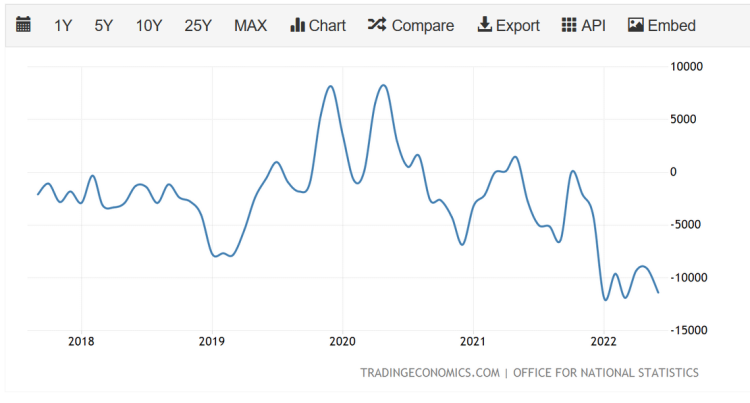I attended Labour Conference as a delegate and I got to ask some finance questions, I only had a minute, so couldn’t ask them all and they took a while to answer, so the video is longer than necessary and the answers from the platform were not particularly comprehensive, but I was able to speak to Dianna, the outgoing Treasurer who gave me better answers in a personal (corridor) meeting.
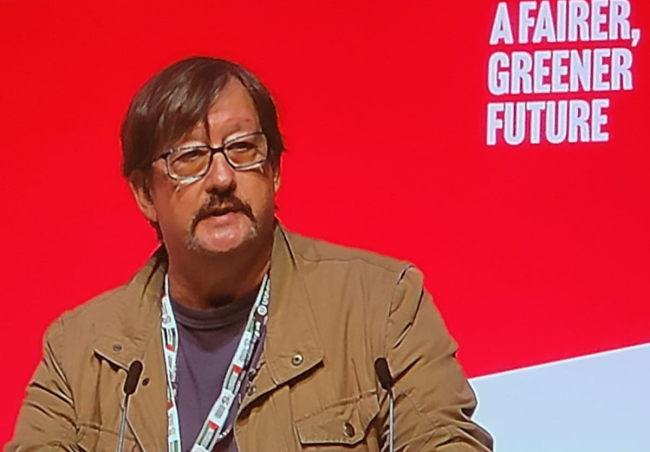
The deficit, if not the size, was known when they set a budget. They report regularly to the business board which meets at least six times each year and as when necessary, they report to the NEC on current plans twice/year.
I was told in the Hall that the £6m political publishing was print bills for local elections incurred on behalf of local parties or campaign forums; later it was suggested that there is a corresponding income item, which I need to find. My initial scepticism is based on the fact that I&E statement has an election expense line and that is where I would expect election expenses to be reported.
The increase in the Senior Management Team cost is based on the fact that there are now 10 members of the SMT, up from 6. I wonder what this does to gender parity in the staffing budget.
I managed to ask my three questions within the allotted minute, but there are no supplementary questions permitted and one of the essential points made by Diana was the theory that membership is synchronised with the electoral cycle. I don’t believe this to be true! It would seem to be true of donations but not membership income. This seems to be aligned with leadership, and if so, will be exacerbated by the OMOV elections for the Leadership.
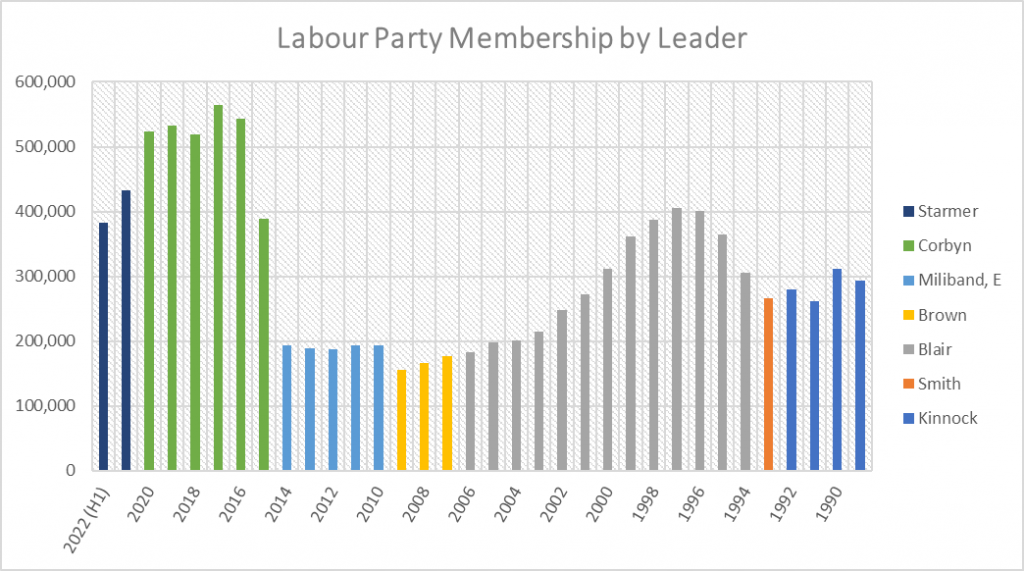
The NEC still have to either fix the decline in membership or find new but legal sources of income and as I have argued, the rich donors weren’t there for Blair, why would they be there for Starmer, although I can think of several very good reasons that became clear as the conference proceeded. …
